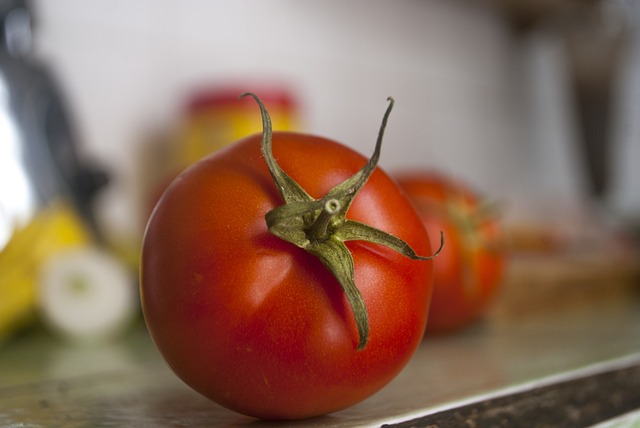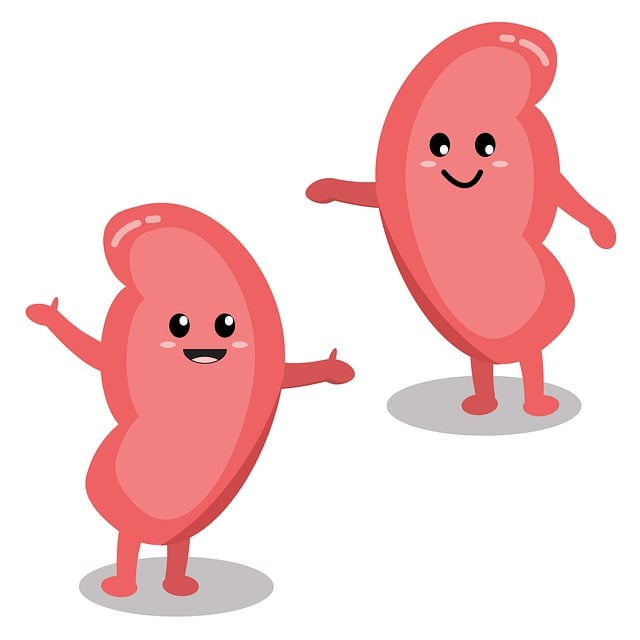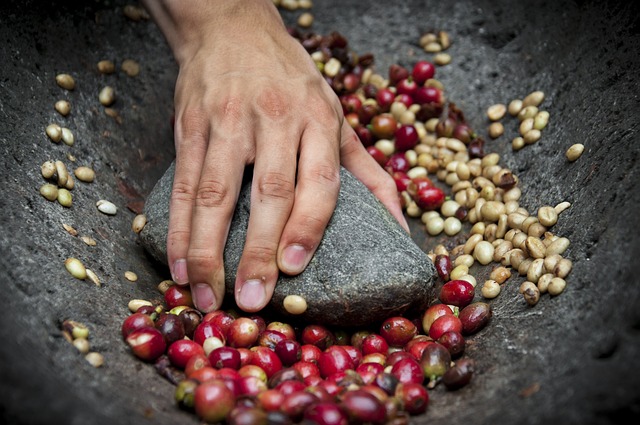Kidney beans are a highly nutritious legume that offer significant health benefits for those on a plant-based diet. They are rich in protein and fiber, which help regulate blood sugar levels and support heart health by being low in fat and cholesterol-free. The process of soaking kidney beans overnight not only softens them but also helps to reduce antinutrients that can inhibit nutrient absorption. After soaking, cooking kidney beans involves bringing them to a boil, then simmering until tender, with the option to add baking soda for improved tenderness and reduced gas. These versatile beans are ideal for various dishes, from chilis and stews to salads and dips, and their inclusion in your diet can contribute to maintaining healthy blood sugar levels and managing cholesterol, making them a key component for those seeking the health advantages of a plant-based diet.
Embark on a culinary journey with our comprehensive guide to cooking kidney beans, a versatile and nutrient-dense ingredient that’s perfect for anyone following or interested in a plant-based diet. This article delves into the health benefits of kidney beans, particularly their impact on heart health and blood sugar control, making them a staple for health-conscious cooks. Learn how to select the best kidney beans, master the art of soaking and preparation, and explore pressure cooking as a quick and efficient method to tenderize your beans. With our step-by-step instructions and delicious recipes, you’ll unlock the potential of these legumes in your kitchen. Discover tips for perfect results every time, and ensure you handle and store them properly for maximum freshness. Join us as we transform these humble beans into a star player in your meals, contributing to a healthier lifestyle.
- Understanding Kidney Beans: A Nutritional Powerhouse
- The Health Benefits of Kidney Beans for Heart Health and Blood Sugar Control
- Selecting the Best Kidney Beans for Your Plant-Based Diet
- How to Cook Kidney Beans: Simple Steps for Beginners
- – Soaking and Preparation Techniques
Understanding Kidney Beans: A Nutritional Powerhouse
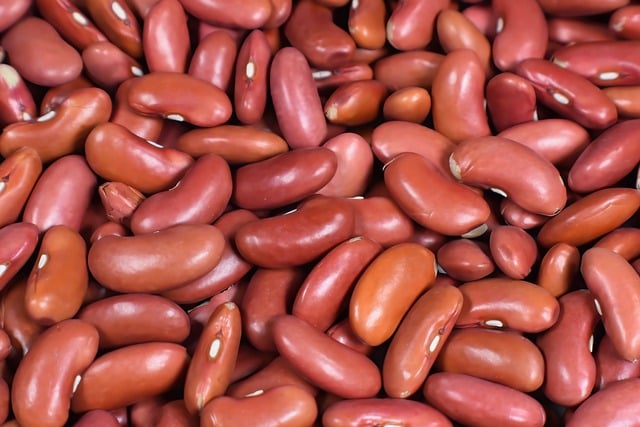
Kidney beans are not just a versatile ingredient in the culinary world; they are also a nutritional powerhouse with a range of health benefits. Rich in protein and fiber, kidney beans are an excellent addition to a plant-based diet, providing a satisfying alternative to meat for those looking to reduce their intake or for vegetarians and vegans. These legumes are particularly beneficial for individuals aiming to control blood sugar due to their low glycemic index, which helps in maintaining steady blood glucose levels after meals. Furthermore, kidney beans are low in fat and devoid of cholesterol, making them heart-healthy and suitable for those watching their weight or managing conditions like diabetes. Including kidney beans in your diet can contribute to overall health by providing essential nutrients such as iron, potassium, and B vitamins. Understanding how to cook kidney beans properly is key to unlocking these benefits, as improper preparation can lead to digestive discomfort due to their complex sugar content, which can be broken down with proper soaking and cooking. To maximize nutritional value and ensure tenderness, a simple technique involves soaking dried kidney beans overnight, then rinsing them before boiling in fresh water for about an hour or until they are fully cooked. This process not only enhances digestibility but also preserves the nutrients that make kidney beans a standout choice for health-conscious consumers looking to incorporate more plant-based options into their meals.
The Health Benefits of Kidney Beans for Heart Health and Blood Sugar Control
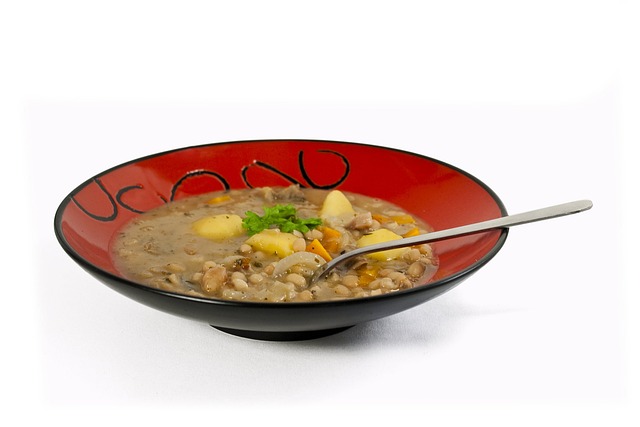
Including kidney beans in your diet can offer significant health benefits, particularly for those who are incorporating more plant-based options into their meals. These legumes are renowned for their role in heart health and blood sugar control. For instance, kidney beans are rich in soluble fiber, which is known to help reduce cholesterol levels. By binding with cholesterol in the digestive system, these beans can prevent its reabsorption into the body, thereby promoting cardiovascular health. This fiber content also contributes to a more gradual rise in blood glucose after meals, making them an excellent choice for individuals managing diabetes or pre-diabetes as part of a plant-based diet. Furthermore, kidney beans are packed with essential nutrients like potassium and magnesium, which further support heart health by regulating blood pressure and reducing the risk of stroke and other cardiovascular diseases. Incorporating kidney beans into your cooking can be as simple as adding them to soups, stews, salads, or even mashing them as a healthy alternative to high-fat meat dishes. Understanding how to cook kidney beans properly is the first step towards harnessing their healthful properties and enjoying their hearty taste and satisfying texture. When preparing kidney beans, it’s important to soak them overnight to reduce antinutrients like phytates, which can inhibit nutrient absorption. After soaking, boil the beans in fresh water until tender to ensure they are both digestible and palatable. With these preparation methods, you can create a variety of dishes that not only satisfy your appetite but also contribute positively to your overall health, particularly by supporting heart health and maintaining blood sugar levels within a healthy range.
Selecting the Best Kidney Beans for Your Plant-Based Diet

When incorporating kidney beans into a plant-based diet, it’s crucial to select varieties that align with your health goals and taste preferences. Kidney beans are not just a versatile ingredient for a variety of dishes; they also offer significant health benefits. These legumes are a powerhouse of nutrients, rich in protein, fiber, and complex carbohydrates, which contribute to blood sugar control, making them an excellent choice for individuals managing diabetes or looking to maintain steady blood glucose levels. Additionally, kidney beans are low in fat and devoid of cholesterol, which is beneficial for heart health and can help lower cholesterol levels in the body.
Choosing the right type of kidney bean for your plant-based diet can enhance both the nutritional value and the flavor profile of your meals. Red kidney beans are a popular choice, known for their vibrant color and mild, earthy taste. They’re especially beneficial when it comes to managing blood sugar due to their low glycemic index (GI). On the other hand, light red kidney beans are slightly smaller and have a creamier texture when cooked, making them ideal for salads and side dishes. For those looking for a firmer texture and a richer flavor, black kidney beans or even the more exotic heirloom varieties can be a delightful addition to your culinary repertoire. When preparing kidney beans, whether from a can or dried, proper soaking and cooking are essential to maximize digestibility and nutrient absorption while minimizing antinutrients that can impede these benefits. Always opt for organic, non-GMO beans to ensure you’re getting the highest quality, most healthful option available. With the right preparation, kidney beans can be a cornerstone of your plant-based diet, offering both delicious meals and a host of health advantages.
How to Cook Kidney Beans: Simple Steps for Beginners
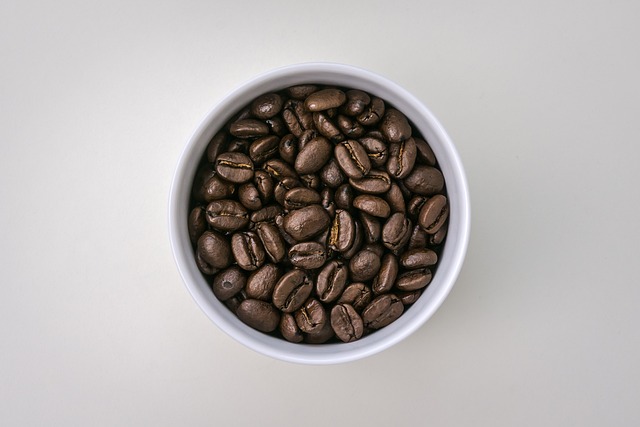
For those embarking on a culinary journey with kidney beans, understanding the simple steps to cook them is essential for harnessing their myriad health benefits. Kidney beans are not only a staple in many plant-based diet recipes but also offer significant advantages for heart health and blood sugar control. To prepare these legumes, start by sorting through your dried kidney beans, removing any shriveled or discolored ones to ensure the best results. Rinse them thoroughly under running water to eliminate any dirt or impurities.
Once cleaned, place the beans in a large pot and cover them with fresh water, ideally about three inches above the beans. Bring the water to a boil, then reduce the heat to maintain a gentle simmer. It’s crucial to keep the beans at a low rolling boil for at least two to three hours, or until they are tender. Throughout the cooking process, skim off any foam or impurities that rise to the surface to ensure the beans maintain their quality and flavor. After cooking, drain the kidney beans and rinse them with fresh water before incorporating them into your favorite recipes. This simple preparation method is a cornerstone for those adhering to a plant-based diet and seeking to lower cholesterol levels while maintaining steady blood sugar control. The health benefits of kidney beans are manifold, including their high fiber content, which contributes to heart health by reducing cholesterol absorption in the digestive tract, and their low glycemic index, which aids in blood sugar control, making them an excellent choice for individuals with diabetes or those watching their carbohydrate intake.
– Soaking and Preparation Techniques

Including kidney beans in your diet can offer numerous health benefits due to their high protein and fiber content, which contribute to blood sugar control and support a plant-based diet. Before cooking, soaking is a crucial step as it reduces naturally occurring antinutrients like phytic acid and lectins, which can inhibit nutrient absorption. To soak kidney beans, place them in a large bowl and cover them with water at least twice their volume. Allow them to soak for 8 to 12 hours or overnight. This process not only enhances digestibility but also softens the beans, making them faster to cook and more pleasant to eat. After soaking, drain and rinse the beans before cooking.
There are several methods to cook kidney beans; boiling is the most straightforward. Fill a pot with fresh water, ensuring it covers the beans by a few inches. Bring the water to a rolling boil, then add the soaked kidney beans. Reduce the heat to maintain a gentle simmer and let the beans cook for about 60 to 90 minutes, or until they are tender. Throughout the cooking process, skim off any foam or impurities that rise to the surface for cleaner-tasting beans. Adding a pinch of baking soda can also help tenderness and reduce gas-producing effects. Cooked kidney beans are versatile; they can be used in a myriad of dishes, from hearty chilis and stews to salads and dips, making them a valuable ingredient for those following a plant-based diet or looking to lower cholesterol levels. Including kidney beans in your meals not only adds variety but also supports cardiovascular health by providing nutrients that help regulate blood sugar and maintain healthy cholesterol levels.
Embarking on a culinary journey with kidney beans can be both rewarding and nutritious. This guide has illuminated the health benefits of these legumes, particularly their role in heart health and blood sugar control, making them an excellent choice for those following a plant-based diet. By mastering the simple steps to cook kidney beans, from proper soaking to perfect preparation, you’re now equipped to integrate this versatile ingredient into your meals with confidence. Embrace the opportunity to enrich your dishes and your health with these nutritional powerhouses that also aid in cholesterol management. Bon appétit on your path to a healthier lifestyle.
